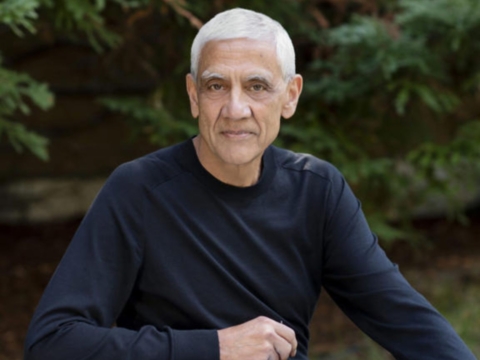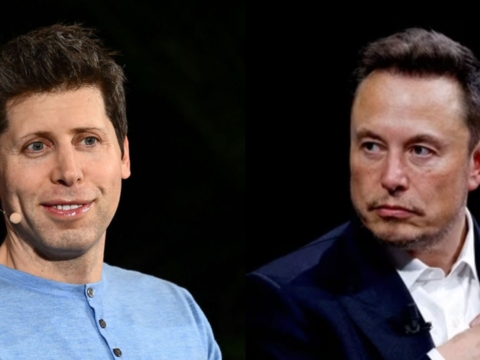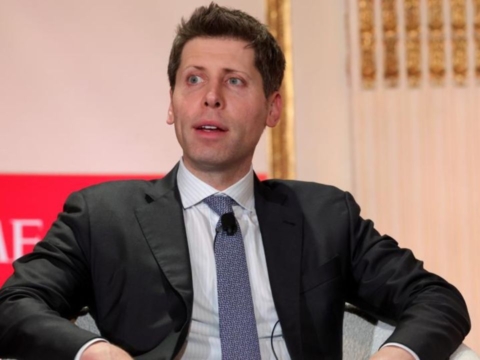WASHINGTON (Diya TV) — The Biden administration compelled a Saudi Aramco venture capital firm, Prosperity7, to sell its shares in Rain Neuromorphics, a Silicon Valley AI chip startup backed by OpenAI co-founder Sam Altman. This move, initiated by the Committee on Foreign Investment in the United States (CFIUS), signals a heightened scrutiny over Middle Eastern investments in U.S. technology with potential national security implications.
Rain Neuromorphics, specializing in designing AI chips inspired by the brain’s functionality, secured $25 million in funding last year, with Prosperity7 being a significant investor. The Saudi-backed fund’s divestment comes in the wake of concerns raised by CFIUS about national security, prompting a review that led to the unwinding of the deal over the past year.
This development underscores the USA’s commitment to regulating and shaping the global landscape of advanced technologies, particularly in the context of AI. The Biden administration’s strategic move aligns with the broader goal of maintaining a competitive edge, especially against countries like China, in the rapidly evolving AI sector.
Prosperity7’s decision to sell its stake in Rain AI has broader implications for the Middle East’s increasing investments in U.S. technology. The heightened scrutiny over wealth funds from the region reflects a growing resistance to entities perceived as having close ties with China.
As diplomatic tensions rise globally, the USA aims to maintain control over the development and spread of advanced technologies. The CFIUS review and subsequent divestment highlight the administration’s proactive stance in safeguarding national security interests.
While Saudi Arabia’s collaborations with China have deepened over the years, this move sends a clear message to Middle Eastern nations: to ensure unhindered access to U.S. chip technology, there must be limitations on AI cooperation with countries that could pose security concerns, such as China.
Sam Altman, an influential figure in the AI sector and OpenAI’s CEO, has not commented on the matter.




